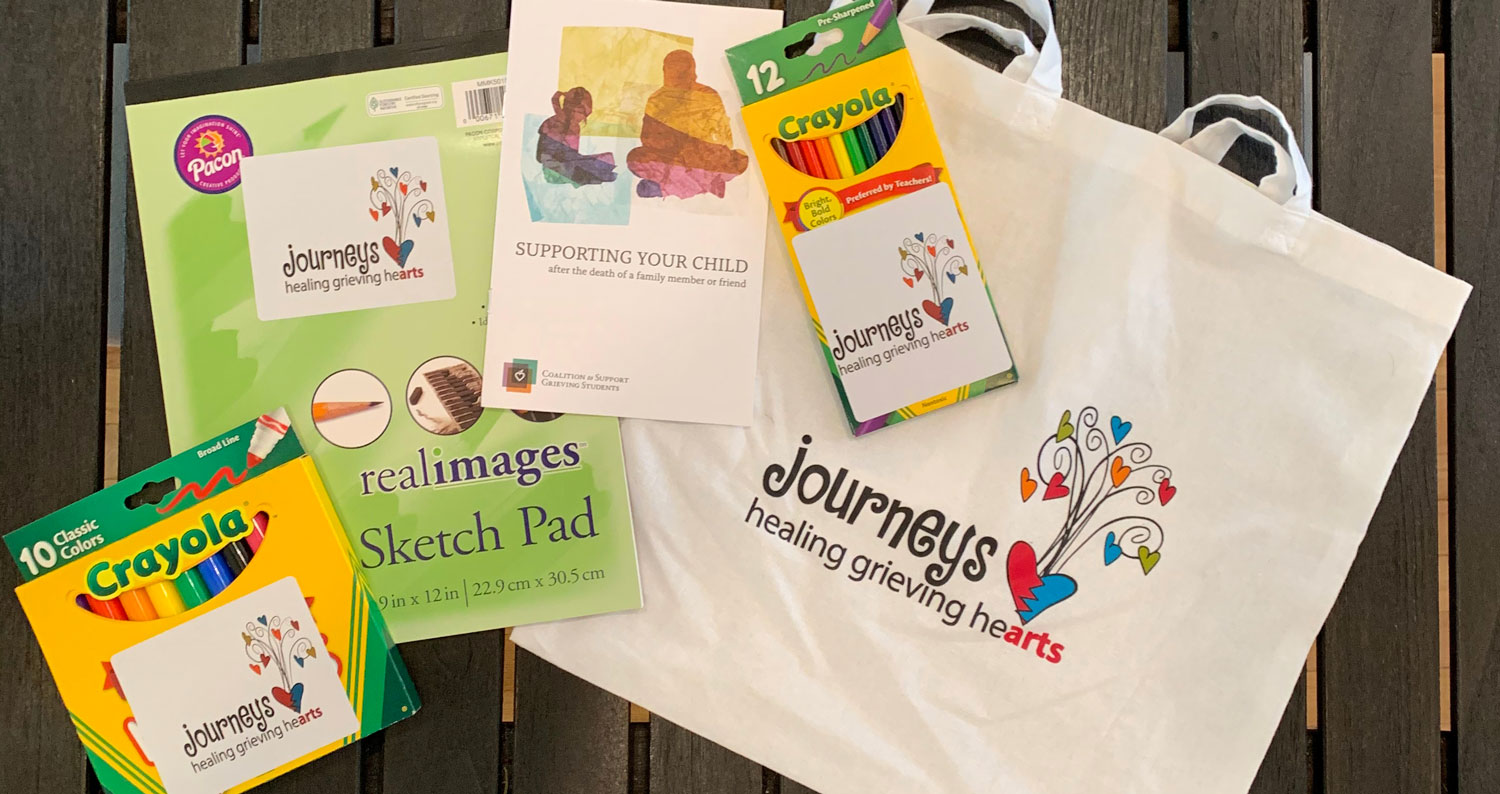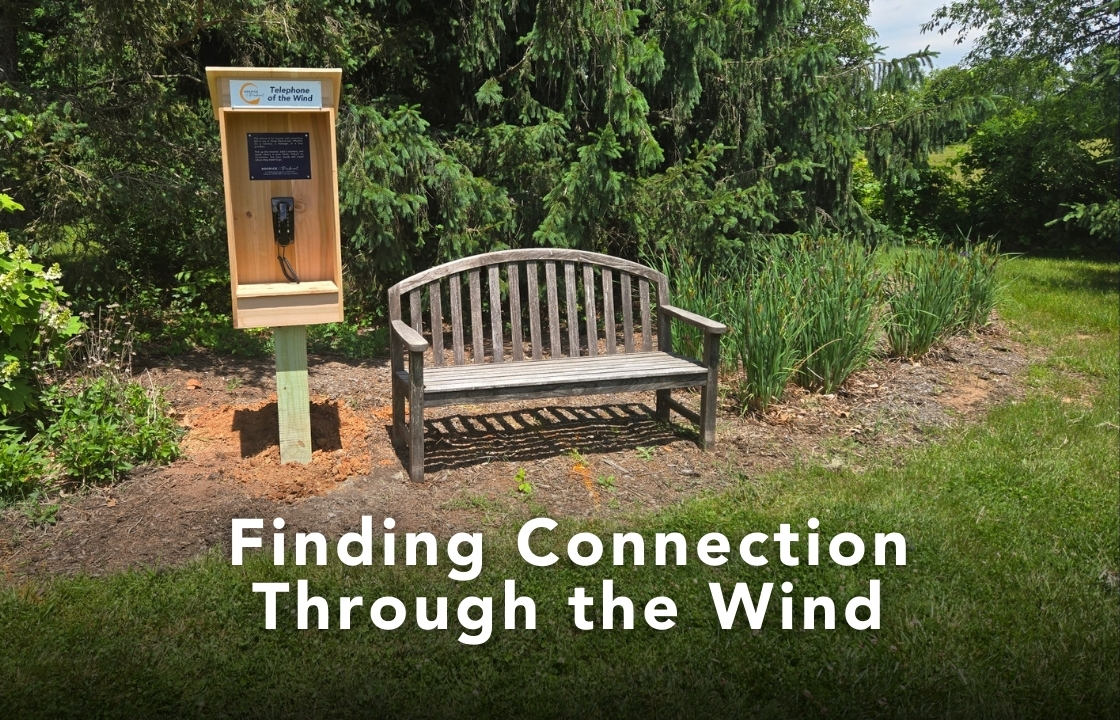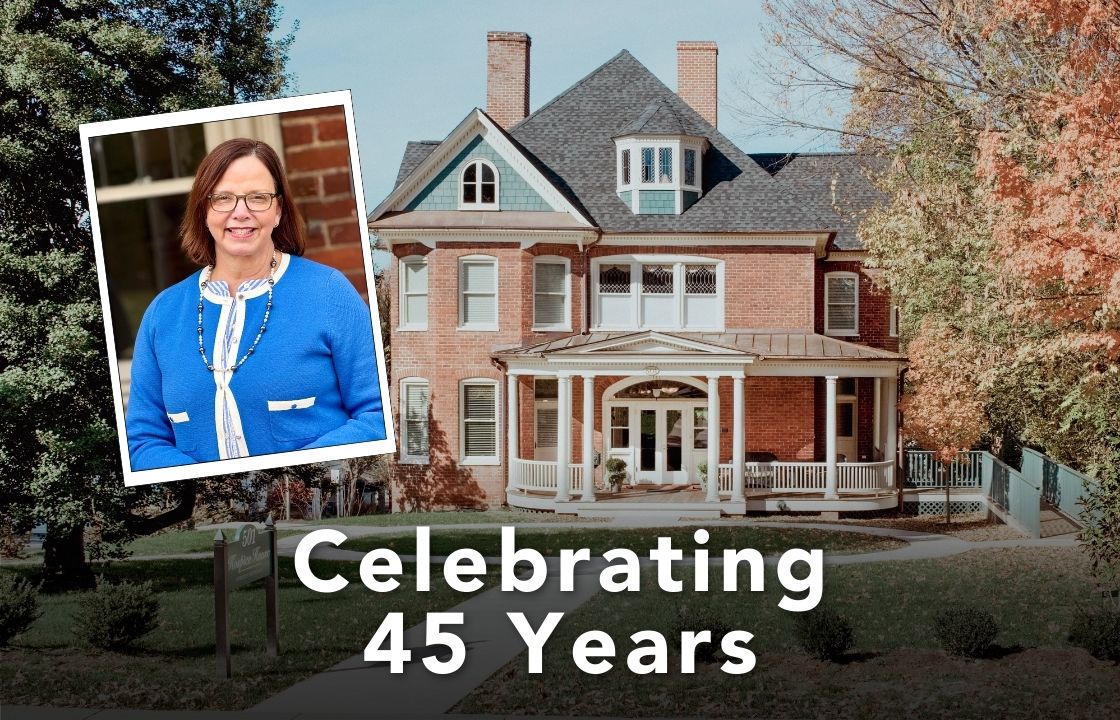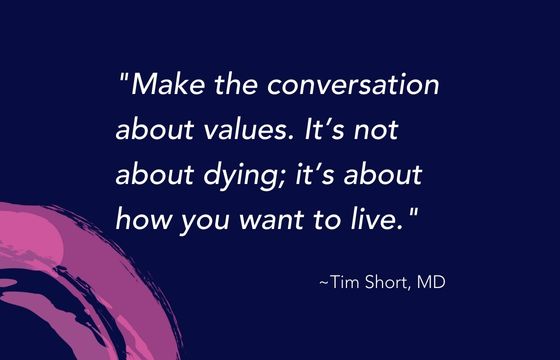Hospice of the Piedmont has always provided therapeutic grief counseling services at no charge to support our community, but these services are now delivered in a different way. The Bereavement and Supportive Care team is focusing on messages of resiliency and self-care during this challenging time of loss, grief and anxiety related to the COVID-19 pandemic that has changed our world in so many ways.
Since the suspension of face to face counseling sessions through our Center for Children programs, our dedicated art therapists have continued to support grieving children via telephone and online visits. Therapists have sent art supplies to families and they will soon be establishing online groups and teleconference sessions.
Hospice of the Piedmont’s bereavement counselors continue to make bereavement calls and to offer grief support sessions via telephone or videoconference to patient families and community members who seek our services for support. They also offer outreach to our staff and front-line healthcare professionals.
The COVID-19 pandemic has amplified grief and mourning, especially for those who were already feeling alone or isolated. In some cases, our staff are providing additional support to those grieving by enlisting the help of our volunteers who offer check-in calls. One of our volunteer group facilitators, Dr. Jeffrey Fracher, created a Zoom video to send to members of the Remembering our Children support group. He offered words of compassion and reminders of self-care, in addition to ongoing support.
Teresa Haase, Director of Bereavement and Supportive Care Services collaborated on a recently-released book, When the Center Does Not Hold (Brubaker, Fortress Press, 2019), focused on navigating challenging, polarized environments. In this, Haase and her colleagues offer:
Resilience is the process of bouncing back from hardship or failure. In times when there is unrest and the ground is shaky, we have to rely on our internal capacity to harness our innate desire to thrive, which offers us courage, hope, assurance, and steadiness. Resilience is cultivated in a variety of ways. Remembering that we carry an ancestral legacy of survival and that we ourselves have come through hard times and survived is perhaps the most potent form of resilience we carry.
Weathering a storm requires us to intentionally practice self-care, which can be difficult in times of distress. Some simple ways to practice self-care include taking time for reflection in silence or in nature—in prayer or in meditation. Walking in the woods or on a quiet path can serve to still the mind and calm the heart. Time with loved ones, including pets, can also be immensely gratifying. Listening to or playing music, doing any activity that brings joy, can be rejuvenating and renewing. And finally, practicing gratitude, especially for those who support us—those who share their personal gifts to keep the ship sailing, is a good way to remember that we are not alone in our work, which inevitably helps us to feel more resilient and able to tackle the difficulties before us. We build resilience by embracing our humanity.
To learn more about Hospice of the Piedmont’s grief and bereavement services, free to anyone in our community, thanks to private philanthropy – please call 434-817-6900 or 800-975-5501.



